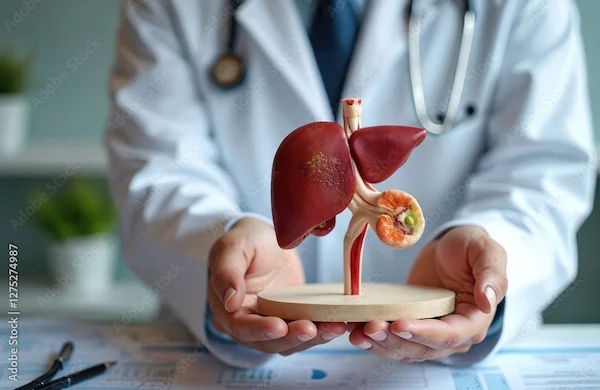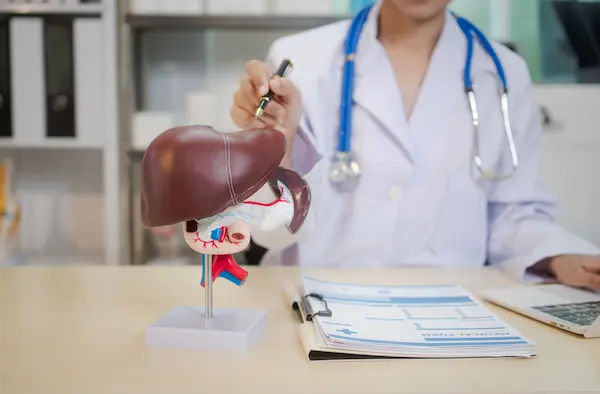Will Liver Grow After Transplant?
Yes, the liver can grow back after a transplant. Learn how liver regeneration works in donors and recipients, what recovery involves, and how to support a healthy liver post-surgery.
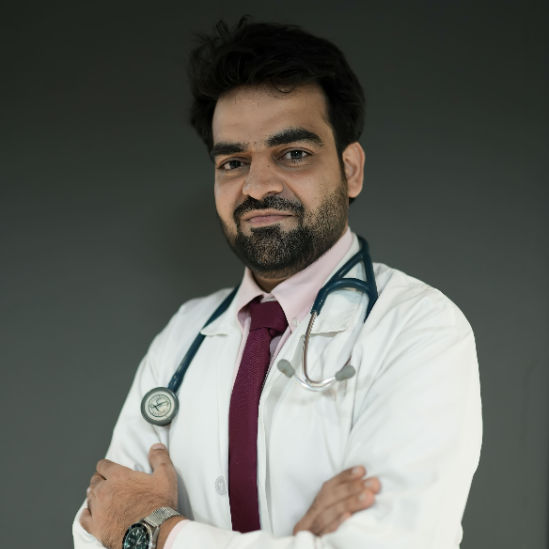
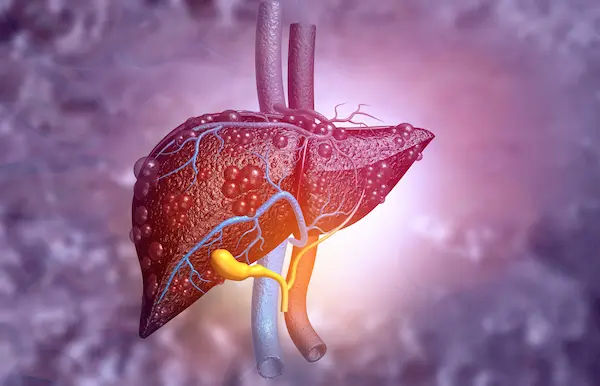
Introduction
If you or a loved one is considering or has recently undergone a liver transplant, you may wonder: Will the liver grow back after the transplant? The answer is yes—the liver has a remarkable ability to regenerate. Let’s explore how this works, what to expect after surgery, and how to support your liver’s recovery.
Understanding Liver Regeneration
The liver is one of the few organs in the body that can regenerate—meaning it can grow back to its normal size even after a portion is removed or transplanted. This incredible ability ensures that both the donor (in a living donor transplant) and the recipient can have fully functioning livers over time.
How Does It Work?
Here’s how the liver begins to regrow and restore function after transplantation.
- In Living Donor Transplants: When a portion of a healthy liver is taken from a donor, the remaining liver in the donor regenerates to nearly its original size within 6-8 weeks.
- In Transplant Recipients: The transplanted liver segment (from either a living or deceased donor) grows to meet the body’s needs, usually reaching full size within a few months.
This regeneration happens because liver cells (hepatocytes) multiply rapidly in response to the body’s needs.
Consult Top Specialists for Personalised Liver Health Advice
What to Expect After a Liver Transplant
Recovering from a liver transplant involves multiple stages, from hospital care to long-term lifestyle adjustments.
- Immediate Recovery (First Few Weeks)
- The initial weeks after surgery are crucial for monitoring and stabilising your health.
- Hospital Stay: Patients typically stay in the hospital for 1-2 weeks after surgery for monitoring.
- Medications: Immunosuppressants (anti-rejection drugs) are prescribed to prevent the body from attacking the new liver.
- Follow-Up Tests: Blood tests and imaging scans help track liver function and regeneration progress.
Long-Term Recovery (Months to a Year)
Once you’ve left the hospital, your recovery journey continues with gradual improvements in strength and liver function.
- Gradual Regrowth: The liver will slowly increase in size, reaching optimal function.
- Diet & Lifestyle Adjustments: A healthy diet, regular exercise (as approved by your doctor), and avoiding alcohol help recovery.
- Regular Check-Ups: Frequent doctor visits ensure the liver is functioning well and medications are adjusted as needed.
How to Support Liver Health After Transplant
Supporting your new liver’s health is crucial for long-term success. Here’s how to aid regeneration and protect liver function:
1. Follow Your Doctor’s Advice
- Take prescribed medications on time.
- Attend all follow-up appointments.
2. Eat a Liver-Friendly Diet
Include:
- Fresh fruits and vegetables
- Lean proteins such as fish, legumes, and poultry
- Whole grains like oats and brown rice
- Healthy fats from nuts, seeds, and olive oil
Avoid:
- Alcohol
- Excessive salt and processed foods
- Sugary drinks and fatty junk food
3. Stay Hydrated
Drinking enough water helps the liver flush out toxins.
4. Exercise Moderately
Light activities like walking improve circulation and overall health. Avoid heavy lifting initially.
5. Avoid Infections
- Wash hands frequently.
- Stay up-to-date on vaccinations, as recommended by your doctor.
- When to Seek Help
- Contact your doctor if you experience:
- Fever, chills, or signs of infection
- Yellowing of skin or eyes (jaundice)
- Severe fatigue or abdominal pain
- Unusual swelling or weight gain
Final Thoughts
A liver transplant is a life-saving procedure, and thanks to the liver’s regenerative abilities, both donors and recipients can lead healthy lives afterward. By following medical advice, maintaining a balanced diet, and staying vigilant about health, recovery can be smooth and successful.
If you have concerns about liver health or need post-transplant care, consider consulting a specialist. You can book an appointment with Apollo 24|7 for expert guidance and support.
Consult Top Hepatologists
Consult Top Specialists for Personalised Liver Health Advice

Dr. Srinivasa Reddy
Hepatologist
12 Years • MBBS, MD (General Medicine), DM (Hepatology),ASGE
Hyderabad
Myra Liver & Gastro Care, Hyderabad

Dr. Sushith C
General Physician
2 Years • MBBS
Bengaluru
PRESTIGE SHANTHINIKETAN - SOCIETY CLINIC, Bengaluru

Dr. E Prabhakar Sastry
General Physician/ Internal Medicine Specialist
40 Years • MD(Internal Medicine)
Manikonda Jagir
Apollo Clinic, Manikonda, Manikonda Jagir
(125+ Patients)
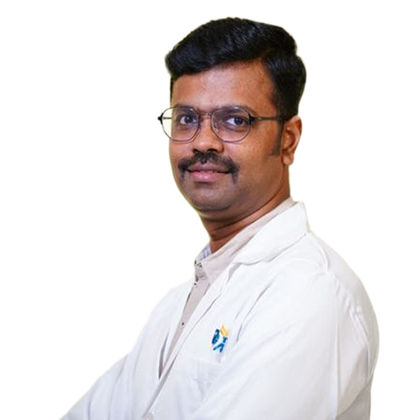
Dr. Kumaragurubaran. S
Hepatologist
0 Years • MBBS.,MD.,FPIC.,DM.,
Tiruchirappalli
Apollo Speciality Hospitals Old Palpannai, Tiruchirappalli
(25+ Patients)
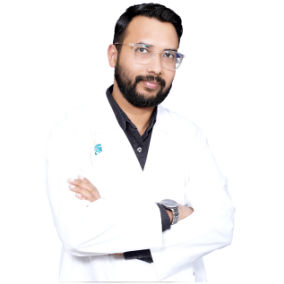
Dr. Aakash Garg
Gastroenterology/gi Medicine Specialist
12 Years • MBBS, DNB (Medicine), DrNB (Gastroentrology).
Bilaspur
Apollo Hospitals Seepat Road, Bilaspur
(125+ Patients)
Consult Top Hepatologists

Dr. Srinivasa Reddy
Hepatologist
12 Years • MBBS, MD (General Medicine), DM (Hepatology),ASGE
Hyderabad
Myra Liver & Gastro Care, Hyderabad

Dr. Sushith C
General Physician
2 Years • MBBS
Bengaluru
PRESTIGE SHANTHINIKETAN - SOCIETY CLINIC, Bengaluru

Dr. E Prabhakar Sastry
General Physician/ Internal Medicine Specialist
40 Years • MD(Internal Medicine)
Manikonda Jagir
Apollo Clinic, Manikonda, Manikonda Jagir
(125+ Patients)

Dr. Kumaragurubaran. S
Hepatologist
0 Years • MBBS.,MD.,FPIC.,DM.,
Tiruchirappalli
Apollo Speciality Hospitals Old Palpannai, Tiruchirappalli
(25+ Patients)

Dr. Aakash Garg
Gastroenterology/gi Medicine Specialist
12 Years • MBBS, DNB (Medicine), DrNB (Gastroentrology).
Bilaspur
Apollo Hospitals Seepat Road, Bilaspur
(125+ Patients)
